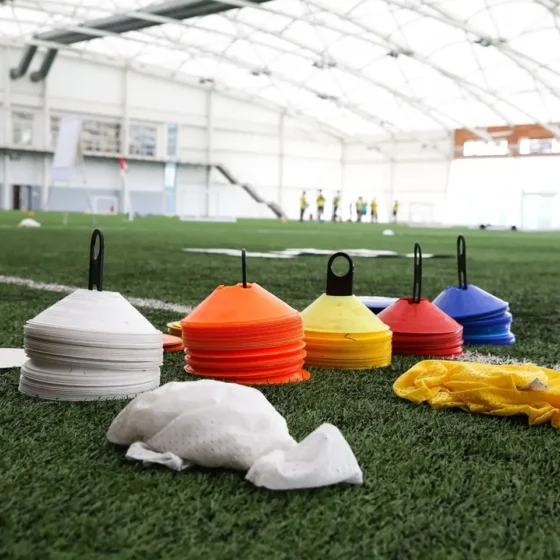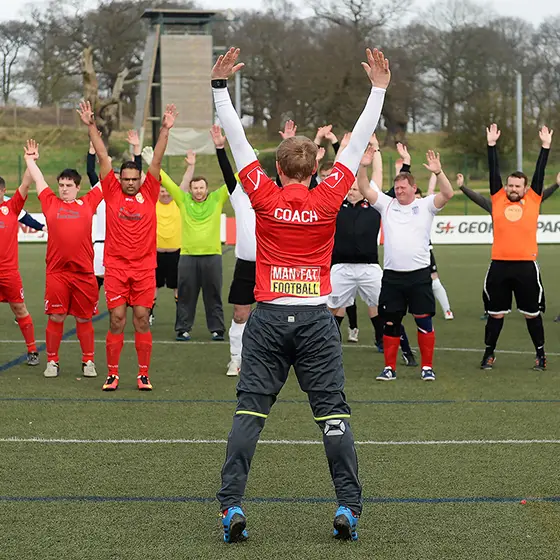With its roots in South America and a growing presence in England, futsal is being driven by England Football and the FA as a key pathway for grassroots and elite players alike
Futsal is a fast-paced, small-sided version of football played indoors on a hard court. Each team fields five players, including a goalkeeper, with unlimited rolling substitutions.
Matches are played over two halves of 20 minutes each, and the ball is smaller and heavier than a standard football, encouraging close control, quick passing, and skilful play. Unlike traditional five-a-side, the ball is kept in play with touchlines rather than walls, demanding greater precision and creativity.
How is Futsal Played?
Futsal rewards flair and tactical awareness. The smaller pitch forces players to make rapid decisions, while the restricted space sharpens dribbling, passing, and movement.
Goals are slightly smaller than in outdoor football, and with only four outfield players, teamwork and rotation are essential. Free kicks are strictly timed, encouraging quick play, and goalkeepers can only touch the ball once per possession in their half, further increasing the tempo.
Whether for fun, fitness, or skill development, futsal offers a thrilling way into football. Its emphasis on creativity, speed, and teamwork makes it perfect for players of all abilities – and a proven stepping stone for those dreaming of playing at the highest level.
Origins of Futsal
The game originated in Uruguay in 1930, created by teacher Juan Carlos Ceriani to give young players a form of football suited to indoor courts. The name comes from the Portuguese futebol de salão and Spanish fútbol sala, meaning “indoor football.”
Since then, it has become hugely popular in South America and Europe, producing some of the world’s greatest players – Pelé, Ronaldinho, Cristiano Ronaldo, and Lionel Messi all credit futsal with developing their close control and creativity.
Futsal in England
In England, futsal is overseen by England Football and the FA, which recognise its value for developing technical skills and providing an exciting pathway for players.
“Futsal has a huge part to play, particularly during those formative years of development… I was hooked on the game.” Pete Sturgess, former England men’s futsal head coach, told the England Football community podcast.
There are opportunities to get involved through local futsal leagues, clubs, and schools programmes, as well as community sessions supported by Football Foundation funding.
Many grassroots clubs use futsal alongside outdoor football to improve player development, particularly for young players learning to master touch and decision-making.
The National Futsal Series is the top competition in England, featuring men’s and women’s leagues, while the FA also runs youth futsal initiatives to encourage participation from an early age. Clubs and players can find sessions through the England Football “Find Football” tool, which lists futsal opportunities across the country.
Discover more and get involved in Futsal


















